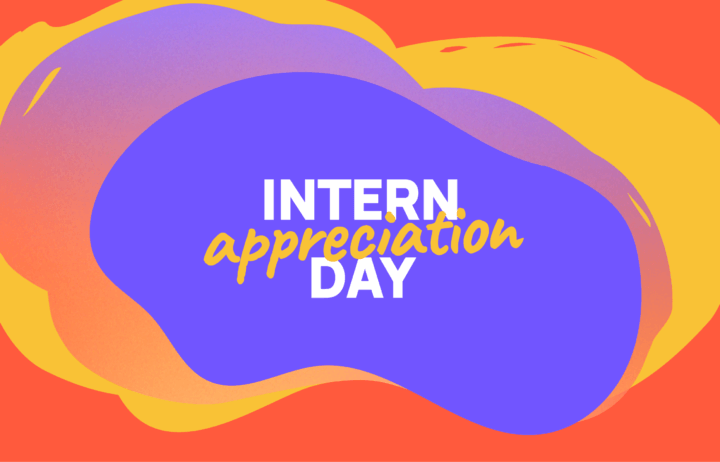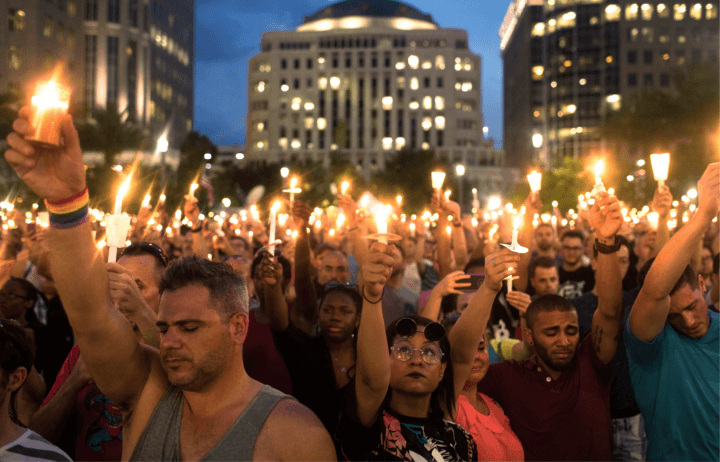Written by Sue Cardenas-Soto (they/them), Copywriter
National Latinx Heritage Month isn’t just a time to celebrate the histories and accomplishments of Latinx people — it’s also about learning about their struggles, their joys, and breaking down the barriers they face.
I can’t write about this without naming where my family is from, which intimately informs who I am. My dad is from and lives in Mexico City. My mom’s parents were Cuban refugees and missionaries who traveled across Latin America (Ecuador, Venezuela, El Salvador) before coming to the United States. My abuelo was a near-perfect archetype of a Cuban patriarch: a deeply religious Desi Arnez-type with a commanding tenor (and literally a bishop). Sexuality was a taboo subject until my eldest cousin came out. Now, the queer family members nearly outnumber the straight ones.
This is all to say that for me, being queer and being Latinx are inextricable. Another way to say it: I had a near spiritual experience going to a drag show in Mexico with my cousins. The queen sang almost exclusively Selena songs, and my cousins and I had spent the whole weekend singing her music. Nothing makes me happier or feel more inspired than seeing queer Latinx joy. It is profoundly special to me, especially when there are so many barriers to joy in our world.
Latinx LGBTQ young people face critical challenges to their personhood and mental health. In the United States, race, ethnicity, gender, and sexuality are harmfully politicized, and where immigration laws remain archaic and violent. On September 14 of this year, the day before the first day of Latinx Heritage Month and two days before Mexican Independence Day, a Texas federal judge ruled against DACA regulation, a policy that has protected hundreds of thousands of young people from being forcefully deported. We know young people are unduly impacted by legislation like this, and deal with a great deal of worry and fear, stress and dislocation, anger and helplessness. Here in the United States and in Mexico, The Trevor Project counselors talk to young people facing issues like this and more. As Chicana feminist and scholar Gloria E. Anzaldúa wrote, “It’s queer folk who keep walking into the teeth of the fire.”
The need to support, celebrate, and advocate for Latinx LGBTQ young people is great. Latinx LGBTQ young people face critical challenges to their mental health, especially when compared to their white peers. 44% of Latinx LGBTQ young people seriously considered suicide, with higher rates of anxiety and depression. Latinx LGBTQ young people are also experiencing higher rates of discrimination and physical harm than their white peers. Allies have to do much better by them, and Latinx Heritage Month is an annual reminder of that.
Latinx Heritage Month is also a reminder that joy is possible for Latinx LGBTQ people, if only we foster it. Here in the U.S. and in Mexico, The Trevor Project is providing resources and affirmation for Latinx LGBTQ young people, and above all, serving their specific needs. Caring about the mental health of LGBTQ young people means also caring about their safety and security. Support the Latinx young people in your community and find out what they need, what matters to them. This is how we can see Latinx LGBTQ young people liberated in our lifetime and foster their joy.
Sue Cardenas-Soto is a Copywriter at The Trevor Project, the leading suicide prevention and mental health organization for lesbian, gay, bisexual, transgender, queer & questioning (LGBTQ) young people. If you or someone you know is feeling hopeless or suicidal, our trained crisis counselors are available 24/7 at 1-866-488-7386 via chat www.TheTrevorProject.org/Get-Help, or by texting START to 678-678.


